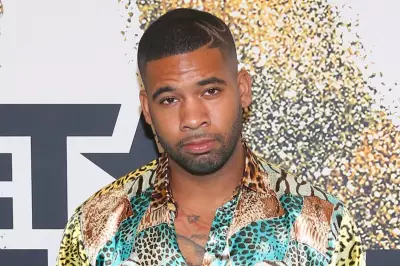
Environmental organisations in the UK are facing growing scrutiny over their leadership demographics, with critics arguing that top roles remain dominated by white, middle-class individuals.
A recent analysis reveals that many of Britain's most prominent green groups lack diversity at senior levels, raising questions about whether these organisations truly represent the communities they aim to serve.
The Diversity Deficit in Green Leadership
Research indicates that while environmental charities campaign for global sustainability and social justice, their own boards and executive teams often fail to reflect the ethnic and socioeconomic diversity of modern Britain.
'There's a glaring disconnect between the inclusive values these groups promote and their actual leadership composition,' notes one diversity campaigner.
Barriers to Broader Representation
Experts point to several factors contributing to this imbalance:
- Traditional recruitment from narrow professional networks
- Unpaid trustee roles favouring those with financial security
- Perceived elitism in environmental activism circles
The issue has gained particular attention following several high-profile appointments that maintained the status quo rather than challenging it.
Industry Responses and Reforms
Some organisations have acknowledged the problem and initiated diversity programmes:
- Blind recruitment processes for board positions
- Outreach to underrepresented communities
- Leadership development schemes targeting diverse candidates
However, critics argue progress remains too slow, with one activist stating: 'Token gestures aren't enough - we need systemic change.'
The debate continues as environmental groups face increasing pressure to practice what they preach on equality and representation.





